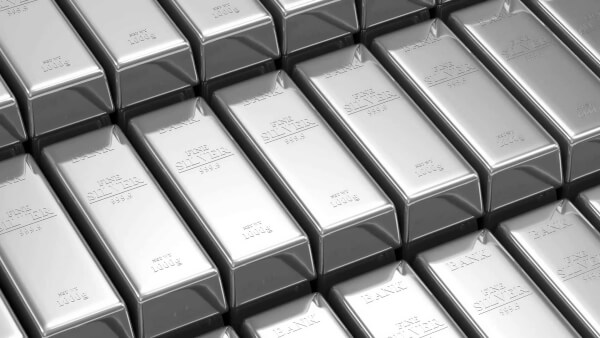Russia's main exchange, MOEX, has announced the suspension of dollar and euro trading starting from June 13, 2024. This decision is a result of the latest sanctions imposed by the United States, which aim to further restrict the flow of money and goods supporting Russia's invasion of Ukraine. The sanctions target the Moscow Exchange (MOEX) and the National Clearing Centre (NCC), leading to the suspension of currency trading, precious metals, stocks, and derivatives that were previously settled in currencies such as the dollar and euro.
The suspension of dollar and euro trading, as well as other assets denominated in these currencies on MOEX, means that investors will not be able to buy or sell these currencies and denominated assets on the exchange. This is likely to increase volatility and reduce liquidity in the Russian market. It may also significantly hinder Russian companies and individuals from conducting international business. It is worth mentioning that despite many sanctions, Russian commodities such as oil, gas, aluminum, and palladium still find their way to Western markets, although some with significant limitations.
The Central Bank of Russia, which has been increasing its gold reserves to diversify away from "toxic" dollars and euros as termed by Russian authorities, will continue to determine the exchange rates of the ruble against the dollar and euro based on banking and over-the-counter data. On the other hand, the dollar and euro are widely used currencies for international settlements, and other counterparties may not necessarily want to accept rubles for settlement. Currently, China is Russia's main partner, and over half of the currency settlements are conducted using the yuan. However, restricting access to the dollar or euro market may also increase costs for yuan settlements with foreign counterparties.
Overall, the latest US sanctions and Russia's response are likely to have a negative impact on the Russian economy and financial markets. However, the scale of the impact remains uncertain and will depend on various factors, including the course of the war in Ukraine and further actions by the US and other countries. As representatives of Russian banks and businesses point out, the issue is not just access to currencies but also the lack of transparency regarding exchange rates and flows. Nevertheless, the central bank has been preparing for such sanctions for some time and will continue to provide exchange rates based on banking data and the OTC market.
Russia remains a significant player on the international stage, primarily through commodity trading. However, this trade is mainly focused on exchanges with two countries: China and India. In 2023, Russia was the 11th largest economy in the world, accounting for about 3.2% of global GDP, according to IMF data. Although we are witnessing a slight rebound in oil prices, gas prices in Europe, and aluminum prices, this may be primarily linked to the weakness of the US dollar rather than concerns about the availability of Russian commodities.

Three markets to watch next week (09.02.2026)

Geopolitical Briefing (06.02.2026): Is Iran Still a Risk Factor?

Silver surges 5% 📈

Morning wrap: Tech sector sell-off (06.02.2026)


